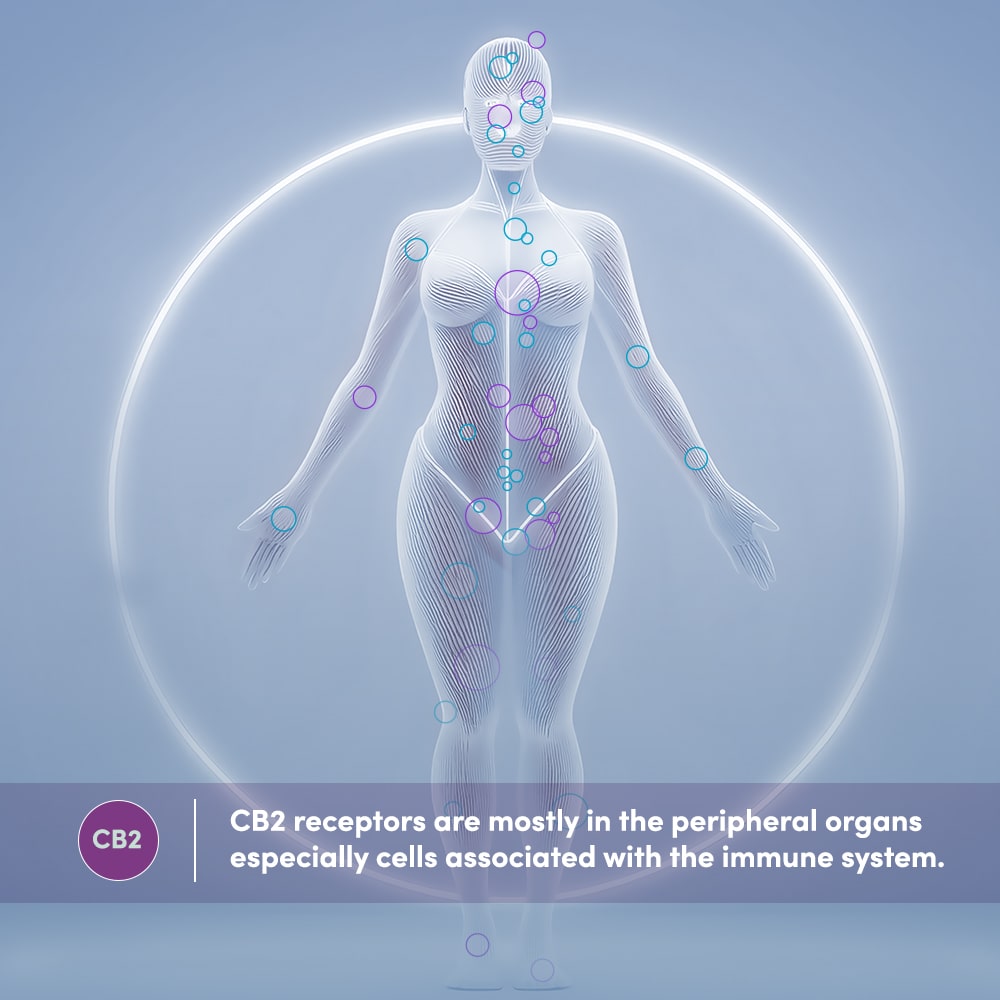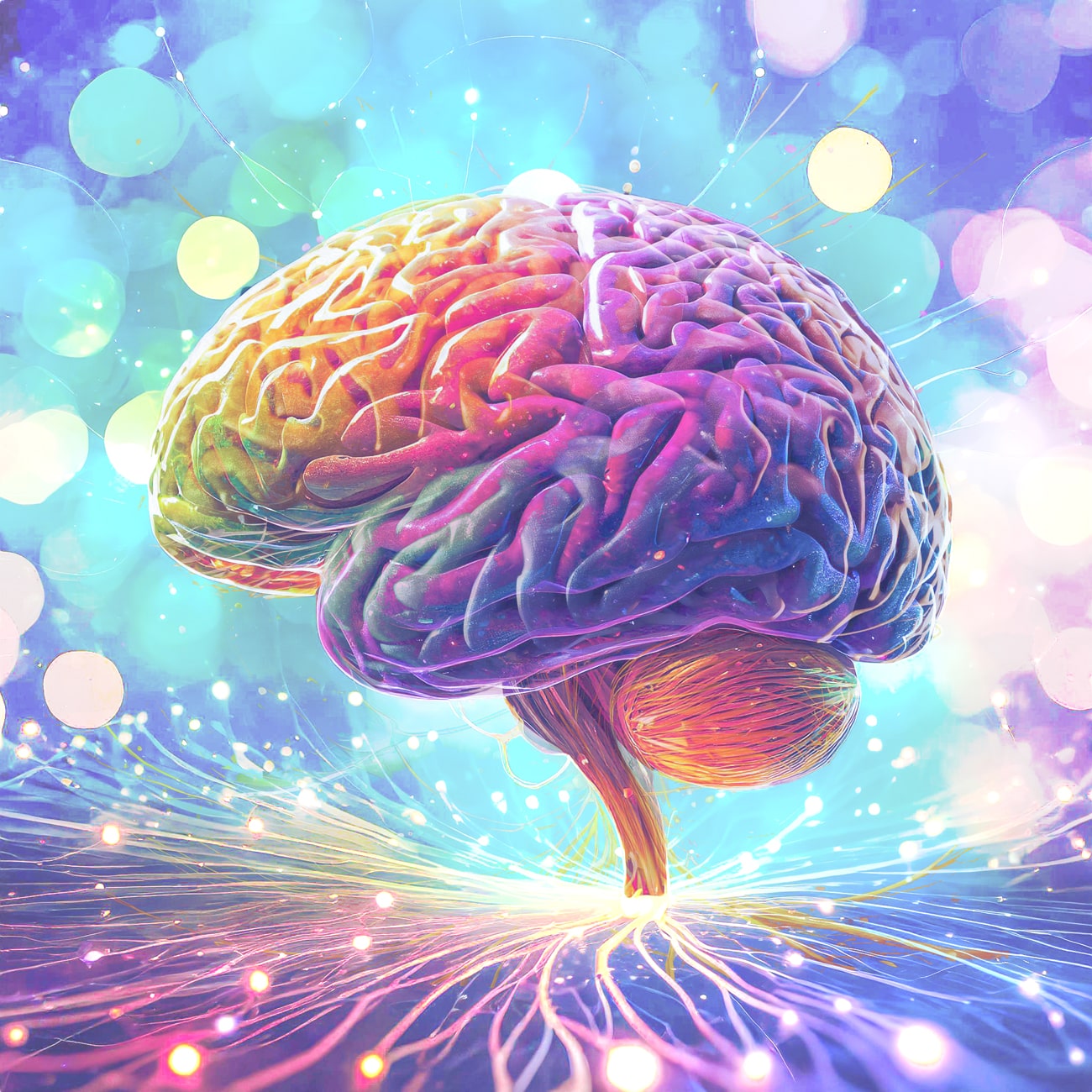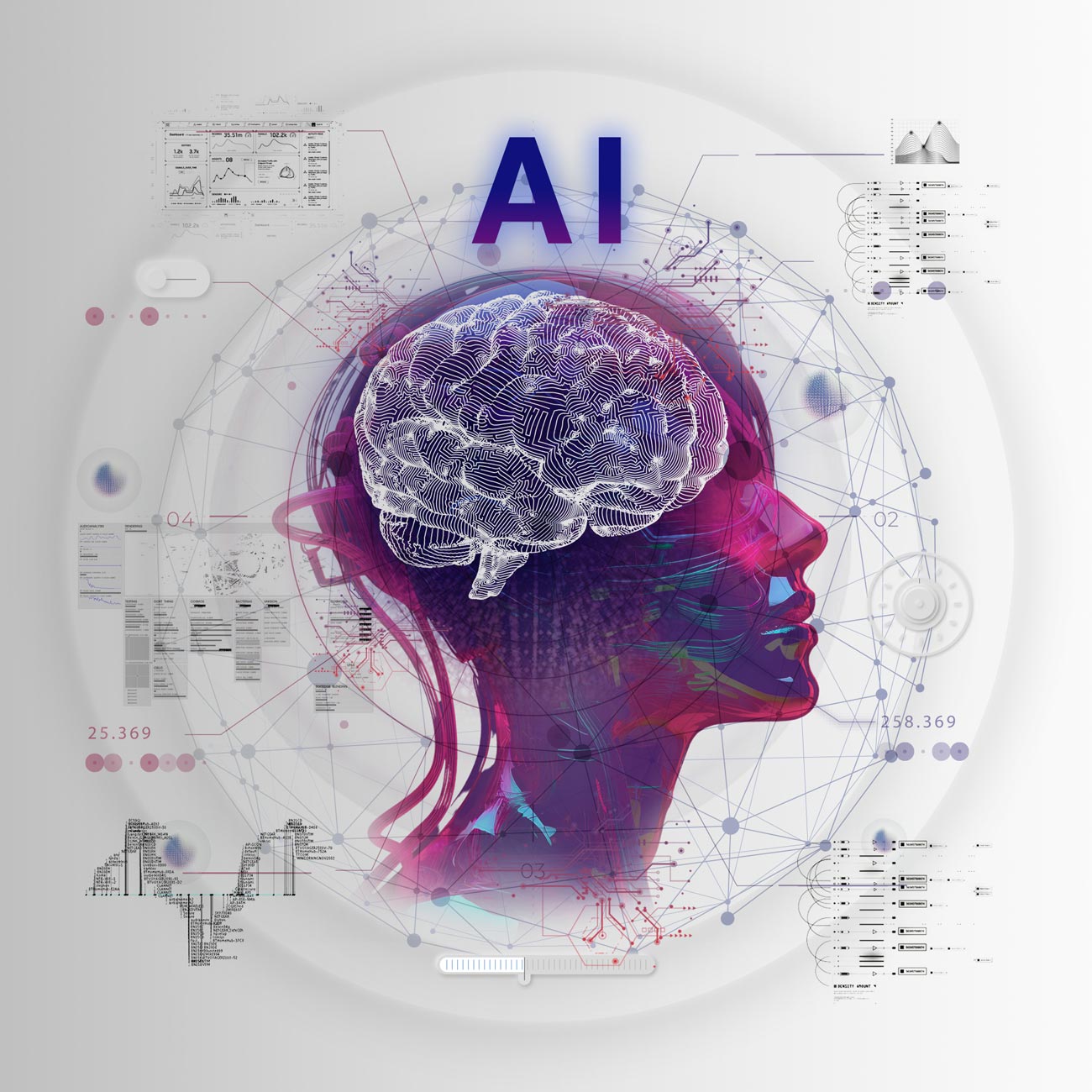
Epilepsy and Depression
A common but lesser-known relation between two complex neurological conditions
Live on June 30 at 11: 00 AM ET

A common but lesser-known relation between two complex neurological conditions

By: Diego A. Rodríguez Soacha BPharm, MSc, Dr. rer. Nat. Senior Medicinal Chemist The journey of drugs within the body underscores pharmacokinetics as a cornerstone of effective drug development. By

By: Saadia Shahnawaz, MD Medical Director Research has shown a complex interaction between the Endocannabinoid System (ECS) and the immune system, emphasizing the ECS’s role in regulating immune responses and

Alzheimer’s Disease clinical research has faced a significant challenge for a long time in achieving diverse racial or ethnic representation in clinical trials. Many of these issues are rooted in deeper structural problems that leave some populations apart from the scope of science. While much work remains to be done to address this subject, there is a growing demand for more representative clinical trial data.

Hypertension, or high blood pressure, significantly impacts public health worldwide. Hypertension is well recognized for its role in cardiovascular disease, revealing implications for cognitive decline and dementia. Increasing clinical evidence for the early detection, management, and prevention of this condition may provide insights into a more comprehensive patient care, a more effective prevention of cognitive decline, and an improvement of overall quality of life.

Parkinson’s disease psychosis is a neuropsychiatric complication that affects more than 20% of patients affected by Parkinson’s. Common symptoms involve visual or auditory hallucinations, distorted perception, and experiences. More challenging symptoms may occur in the form of delusions, which
often cause agitation, aggressiveness, and affect the quality of life of the patient and their families.

Synesthesia is a complex experience that involves perceiving the elements of the world with more than one sense. By integrating the knowledge of neuroscience with these aspects of perception, scientists have been able to map synchronous patterns of activation in brain regions that do not entirely relate to the stimulus nature. The intriguing nature of this process invites people to be more aware of what they can perceive in a world saturated with external information.

In Alzheimer’s disease research, the integration of artificial intelligence (AI) enables researchers to uncover patterns and biomarkers faster, facilitating earlier diagnosis and personalized therapies. Embracing these new technologies not only enhances the understanding of AD but also propels the development of innovative treatments for this complex neurological condition.

Music therapy can improve the quality of life for patients with Alzheimer’s disease by reducing agitation and depression while also improving mood and social interaction. Music serves as a powerful tool for improving communication and emotional well-being. It is particularly effective in facilitating a connection with their past and sense of identity.

Caregivers benefit from social interaction, processing their emotions through journaling, prioritizing quality time, and practicing gratitude.
Subscribe to get our latest content by email.